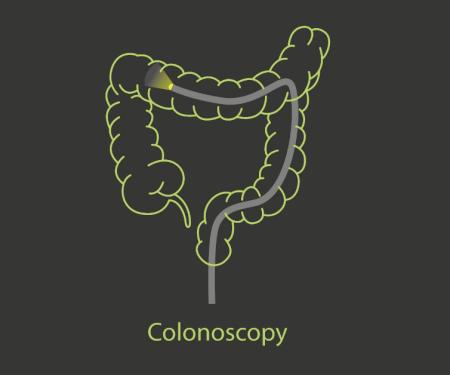myTempleHealth has replaced myFoxChase
As of July 12, 2022, myTempleHealth online account has replaced myFoxChase. A myTempleHealth account was created for you when you signed up for myFoxChase, and you will have still access to all of your Fox Chase information. In most cases, your myFoxChase username and password will work to log into myTempleHealth, but if it does not, please contact us at [email protected] for assistance.
New patients can sign up for Fox Chase Cancer Center's Patient Portal at myTempleHealth.


